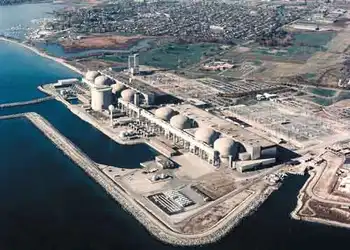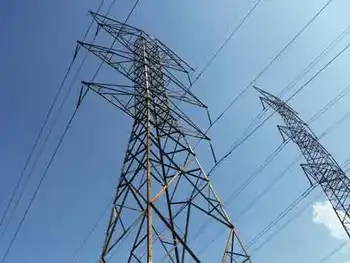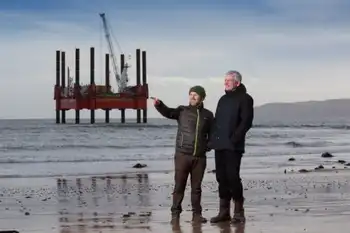No word on hydro debt until after vote
- Ontario voters won't be told until after the Oct. 2 election whether Ontario Hydro's $20.1 billion debt continues to grow.
The accounting — already nearly three months late — is likely to be bad news, since several of the income streams used to pay off the debt have declined in the past year, while expenses have increased.
The status of the debt is contained in the annual report of the Ontario Electricity Financial Corp. (OEFC), which is the responsibility of the finance ministry. A call to Finance Minister Janet Ecker about the absence of the report was returned by a ministry official, who said the report wouldn't be filed for several weeks, and not by Oct. 2. The agency is supposed to report by June 30.
Tom Adams, executive director of Energy Probe, who had written to Ecker Sept. 11 inquiring about the report, said yesterday he has received no reply. In his letter, Adams described the OEFC's lateness in reporting as "illegal behaviour."
The Ontario Hydro debt stood at $19.4 billion when the OEFC assumed it in 1999, but it has increased steadily ever since. The Conservatives insist they intend to pay off the debt by 2012.
The debt landed in the lap of taxpayers when the old, debt-ridden Ontario Hydro was broken up. Its successor companies, Hydro One Inc. and Ontario Power Generation Inc., assumed a share of the debt.
But $19.4 billion of debt remained on the books of the province, which had guaranteed the debt, and by last year it had increased to $20.1 billion.
That number is likely to increase because the OEFC is responsible for subsidizing the price of electricity at 4.3 cents a kilowatt hour for consumers and small business. In its first year, the subsidy has cost more than $600 million.
Profits from government-owned Hydro One and Ontario Power Generation are supposed to contribute to debt reduction, but earnings at both fell last year.
The province also collects payments in lieu of corporate income tax from local utilities owned by municipalities, but the utilities' profits have been weak since the province froze their rates last year.
"Energy Probe fears OEFC's unfunded liabilities have increased by $1 billion or more in fiscal 2002-2003," Adams wrote.
Related News

Energy Vault Lands $110M From SoftBank’s Vision Fund for Gravity Storage
BERN - Energy Vault, the Swiss-U.S. startup that says it can store and discharge electrical energy through a super-sized concrete-and-steel version of a child’s erector set, has landed a $110 million investment from Japan’s SoftBank Vision Fund to take its technology to commercial scale.
Energy Vault, a spinout of Pasadena-based incubator Idealab and co-founded by Idealab CEO and billionaire investor Bill Gross, unstealthed in November with its novel approach to using gravity to store energy.
Simply put, Energy Vault plans to build storage plants — dubbed “Evies” — consisting of a 35-story crane with six arms, surrounded by a tower consisting of…




